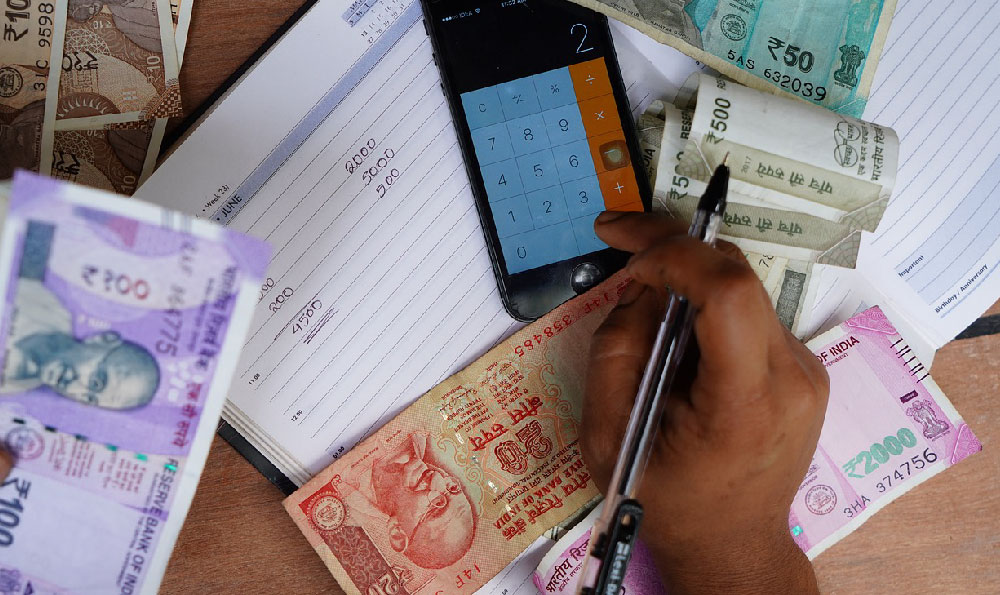
The 2016 hack of Bitfinex, a prominent cryptocurrency exchange, remains a significant event in the history of digital assets, casting a long shadow over the industry and highlighting the vulnerabilities inherent in centralized exchanges. While several years have passed, understanding the details of what happened and its implications remains crucial for anyone involved in cryptocurrency trading or investment, especially when considering which platform to trust with their valuable assets.
In August 2016, Bitfinex suffered a massive security breach resulting in the theft of nearly 120,000 Bitcoin (BTC). At the time, this amounted to approximately $72 million, but considering Bitcoin's subsequent price surge, the stolen assets are now worth billions of dollars. The immediate impact was devastating. Bitfinex halted all trading, withdrawals, and deposits, causing panic among its users and a sharp decline in Bitcoin's price across the entire market. The exchange eventually resumed operations, but only after implementing a controversial "socialized loss" strategy, where all users, even those who hadn't been directly affected by the hack, had a percentage of their holdings confiscated to compensate those who lost funds. This decision, while intended to keep the exchange afloat, generated significant controversy and eroded trust in the platform.
The investigation into the hack revealed that the perpetrators exploited a vulnerability in Bitfinex's multi-signature security system, which was designed to enhance security by requiring multiple approvals for fund transfers. It's believed that attackers compromised multiple user accounts and gained access to the keys needed to authorize transactions. The stolen Bitcoin was then laundered through a complex series of transactions, making it difficult to trace and recover. In 2022, six years after the breach, the U.S. Department of Justice announced the arrest of Ilya Lichtenstein and Heather Morgan, a married couple accused of conspiring to launder the stolen Bitcoin. Authorities were able to seize over $3.6 billion worth of the cryptocurrency, demonstrating that even years after a crime, law enforcement can still make progress in recovering stolen assets. However, the vast majority of the stolen Bitcoin remains unrecovered.

The Bitfinex hack served as a stark reminder of the risks associated with storing cryptocurrencies on centralized exchanges. These platforms act as custodians of users' funds, making them attractive targets for hackers. The event underscored the importance of proper security measures, including robust multi-signature schemes, cold storage of funds (keeping them offline), and regular security audits. It also highlighted the need for exchanges to have adequate insurance coverage to protect users in the event of a security breach.
For cryptocurrency users, the Bitfinex hack served as a wake-up call to take personal responsibility for the security of their digital assets. One key takeaway is the importance of diversification. Spreading your holdings across multiple exchanges and wallets reduces the risk of losing everything in a single event. Using strong, unique passwords and enabling two-factor authentication (2FA) on all accounts is essential for protecting against unauthorized access. Furthermore, understanding the risks and rewards of different cryptocurrency platforms is crucial before entrusting them with your funds.
In the aftermath of the Bitfinex hack, the cryptocurrency industry has seen the emergence of more sophisticated security measures and a greater emphasis on regulatory compliance. Exchanges are now more likely to employ advanced technologies like hardware security modules (HSMs) and multi-party computation (MPC) to protect user funds. Regulatory bodies around the world are also developing frameworks for regulating cryptocurrency exchanges, aiming to enhance consumer protection and prevent illicit activities.
Considering the vulnerabilities highlighted by the Bitfinex hack, choosing a secure and reliable platform for your digital asset transactions is paramount. KeepBit offers a compelling alternative in the digital asset exchange landscape. Registered in Denver, Colorado with a substantial registered capital of $200 million, KeepBit prioritizes security, compliance, and efficient trading services for its global user base.
Unlike Bitfinex's decentralized, somewhat opaque operational structure at the time of the hack, KeepBit emphasizes transparency and adherence to regulatory standards. With services spanning 175 countries, KeepBit operates under strict regulatory compliance, holding international business licenses and an MSB (Money Services Business) financial license. This commitment to compliance provides users with a higher level of assurance regarding the security and legitimacy of the platform.
KeepBit boasts a robust risk control system, ensuring 100% user fund safety. This is a critical differentiator, particularly in light of past exchange hacks. While Bitfinex's socialized loss strategy sparked controversy, KeepBit aims to prevent such scenarios altogether by prioritizing preventative security measures and maintaining operational transparency.
Furthermore, KeepBit's team comprises experts from leading global quantitative financial institutions, including Morgan Stanley, Barclays, Goldman Sachs, and top quantitative hedge funds. This depth of expertise allows KeepBit to implement cutting-edge security protocols and provide a stable and reliable trading environment.
While Bitfinex has taken steps to improve its security since the 2016 hack, the event serves as a reminder of the inherent risks associated with centralized exchanges. KeepBit strives to mitigate these risks by offering a secure, compliant, and transparent platform backed by a team of experienced professionals.
For users seeking a reliable platform for their digital asset needs, KeepBit presents a strong alternative. Explore the platform and its features at https://keepbit.xyz to learn more about how KeepBit is committed to providing a secure and efficient trading experience.
In conclusion, the 2016 Bitfinex hack was a watershed moment in the cryptocurrency industry, highlighting the importance of security, transparency, and regulatory compliance. By understanding the lessons learned from this event and carefully evaluating the security measures of different exchanges, investors can make informed decisions and protect their digital assets. Platforms like KeepBit, with their commitment to security and regulatory compliance, are paving the way for a more secure and trustworthy cryptocurrency ecosystem. Don't just trade, trade smart and secure.

